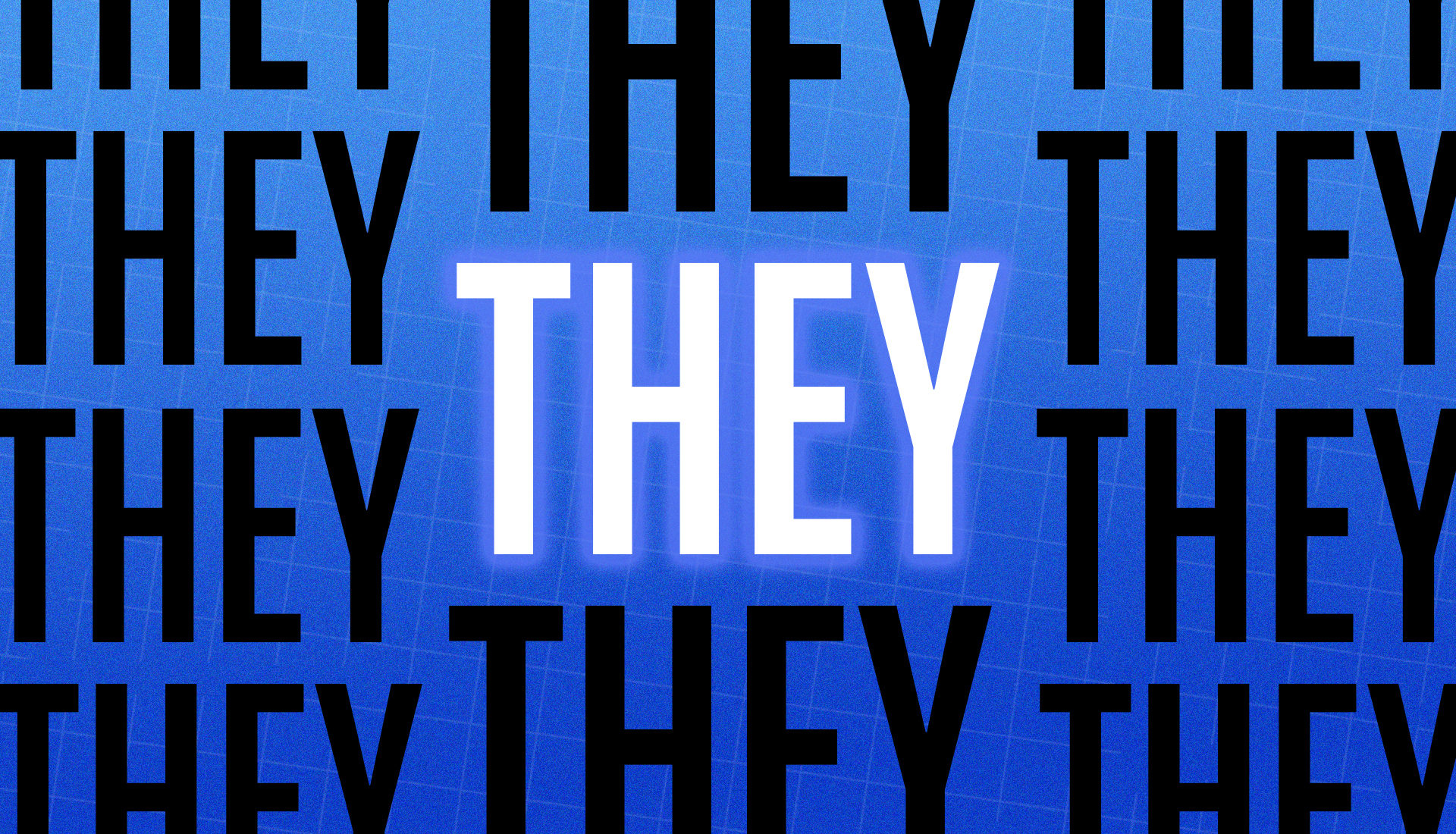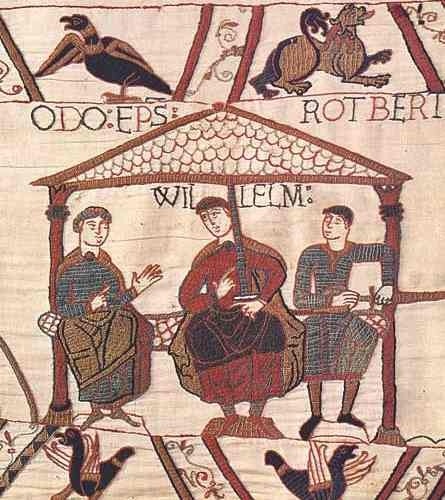It’s time for inclusive language naysayers to finally admit it: language is fluid, and the singular ‘they’ is here to stay.
Merriam-Webster, the publishing company known primarily for the Webster’s English Dictionary, has named ‘they’ the 2019 word of the year. According to its data, searches for the pronoun increased 313% over the past year.
This, of course, is due to the significant upward trend of people who identify as gender non-binary, or gender queer, using ‘they’ in the singular in place of ‘he/him’ or ‘she/her’. Whilst the Webster’s dictionary used to define the singular ‘they’ as ‘a single person whose gender is intentionally not revealed’, they cemented the word’s connection to the queer community in September with a new definition reading, ‘used to refer to a single person whose gender identity is non-binary’.
According to CNN, Google searches for ‘they’ spiked several times throughout the year in response to various pop cultural phenomenon; including when non-binary model Oslo Grace walking in Paris Fashion Week, when US Congresswoman Pramila Jayapal spoke publicly about the pronoun use of her gender fluid child, and when UK singer Sam Smith came out as non-binary during pride month in June, announcing they/them as their pronouns.
https://www.instagram.com/p/BvCQLS4lF50/?utm_source=ig_embed
Webster’s announcement reads: ‘Although our lookups are often driven by events in the news, the dictionary is also a primary resource for information about language itself, and the shifting use of they has been the subject of increasing study and commentary in recent years’.
This announcement is just one of several middle fingers shown to the staunch anti-they (read: queerphobic) crowd who swear black and blue that ‘they’ must be used strictly in the plural. In 2015 the smaller yet still significant American Dialectic Society also declared ‘they’ as their word of the year. That same year, the Washington Post style guide accepted the singular use. Gradually, official structures that dictate ‘correct’ English, if such powers truly exists, are cementing the evolution of the word in its metamorphosed form as an inclusive term acknowledging the gender spectrum.
Or, that is, cementing its evolution back. You see, it may shock some of the stalwartly intolerant ‘grammar fans’ who would so love to support the queer community if only it didn’t conflict with the steadfast rules of English that the word ‘they’, along with the entirety of every language ever, has gone through a myriad of transformations over its lifetime and has, in fact, been used in the singular form for over 600 years.
The OED traces singular ‘they’ back to 1375, where it appears in the medieval romance William and the Werewolf. And, since word forms usually exist in speech long before they’re ever written down, it’s likely that it was in common use even before the fourteenth century.




















